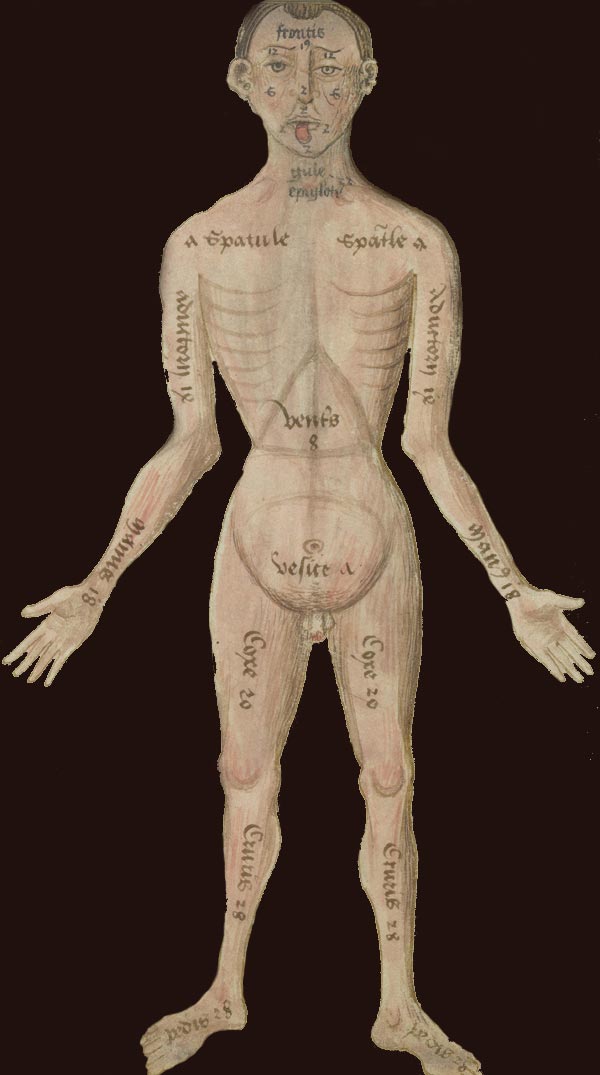The centuries-long efforts of Islamic scholars to translate and comment on Greek medical works became well known in the West through Latin translations, mostly undertaken in the eleventh and twelfth centuries. Scholars like Stephen of Antioch, Philip of Tripoli, Gerard of Cremona, and Constantine the African translated into Latin not only Hippocratic and Galenic writings, but also the medical encyclopedias of Rhazes, Haly Abbas, and Avicenna. This intellectual development coincided with profound changes in western European society in the twelfth century: population increase, economic growth, and urbanization encouraged the creation of secular centers of education, including the teaching of medicine. In southern Italy, Salerno had been a prestigious center of medical practice since the tenth century. Enriched by a diverse community of Christians, Muslims, and Jews, Salernitan physicians were known all over Europe, teaching in various European cities such as Padua, Bologna, and Paris.
The authors featured here, Teodorico Borgognoni of Lucca and Gilles de Corbeil, are representatives of these exciting times. Heirs of the Hippocratic and Galenic traditions, they also wrote about what they experienced as physicians and what they taught at various European universities.


